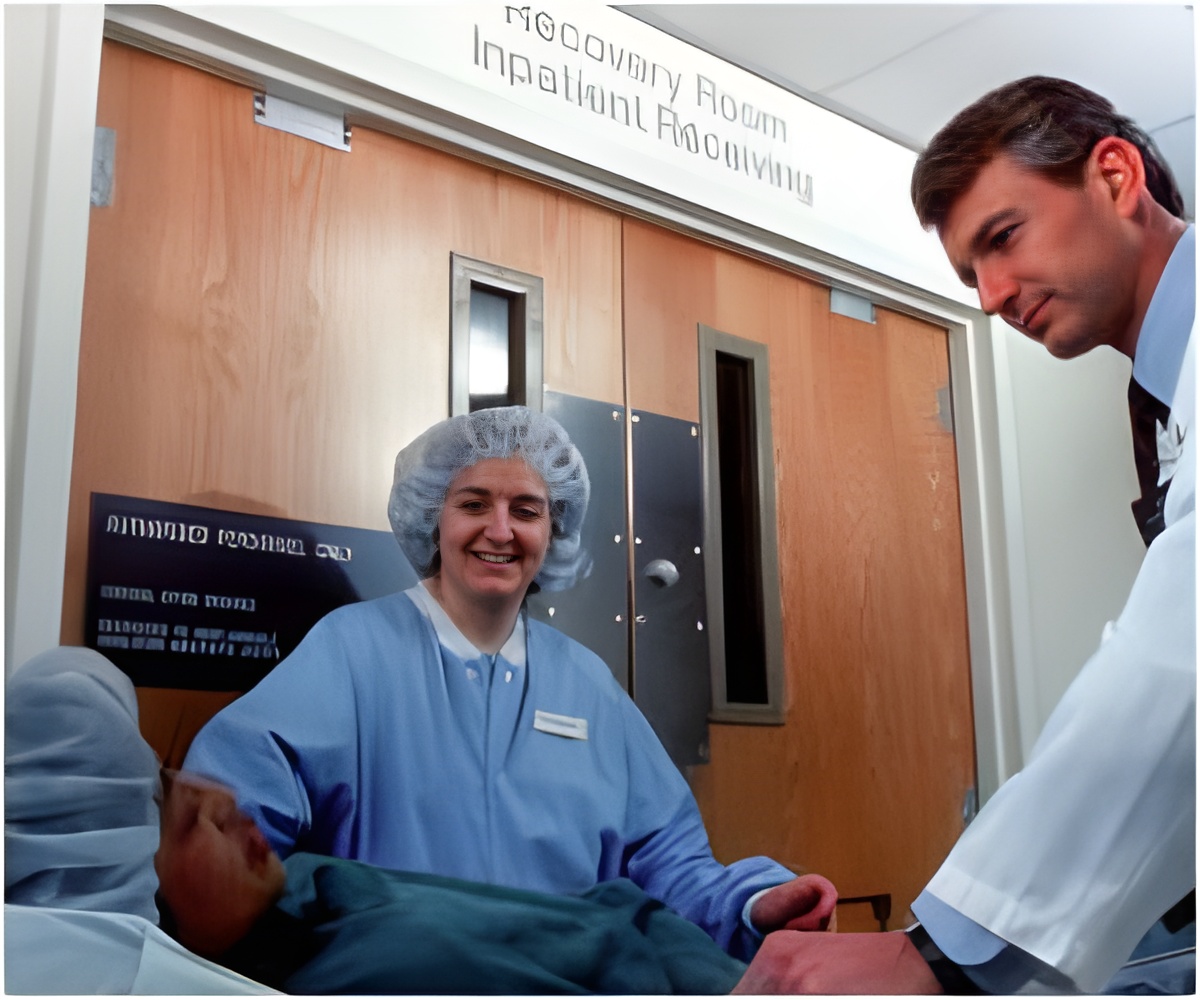Late-breaking sessions of the AACC Annual Scientific Meeting & Clinical Lab Expo will deliver insights into the latest advances are transforming healthcare.

‘Healthcare has leapt forward this year with a wide range of breakthroughs, from new technologies that will make it easier for people to get vital test results, to advances in gene editing that could give hope to patients with incurable genetic diseases.’





CRISPR. Short for "clustered regularly interspaced short palindromic repeats," CRISPR has made genome editing easy by enabling researchers to quickly and precisely cut and paste segments of DNA. This technique shows incredible promise, and could potentially be used to treat conditions ranging from inherited vision loss to HIV. In the scientific session, "Correcting Nature's Mistakes and Beyond: The Promise of Gene Therapy," experts will examine how CRISPR could be used to enhance immunotherapy by genetically editing the body's T cells and instructing them to detect and destroy cancer cells. In addition, attendees will hear about the use of gene editing and adeno-associated virus-based gene therapy to treat genetic disease.
Disruptive technology. Central laboratories operate under space, time, and transport limitations that can hinder patient access to crucial tests, but innovations are on the horizon that could lift these constraints and make the patient testing experience better than ever. Soon, drones could make laboratory testing accessible in remote areas by collecting samples from patients directly and transporting them to labs. Major tests could potentially be performed right at the patient's bedside because immense mass spectrometers have been shrunk down to fit in the palm of one's hand and coupled with microfluidics; and now that nucleic acid testing can be done in less than one minute. And alternative ways to obtain blood samples could eliminate the need for patients to undergo painful venous blood draws.
Experts will explore the implications of each of these advancements in the two-part session, "Technologies That Could Change the Future of the Clinical Laboratory."
Hepatitis C. Despite a revolution in treating hepatitis C, many in medicine question whether new, curative therapies mean the end of this epidemic. Three special sessions at the meeting will explore treatment and prevention; a debate on the future of hepatitis C; and the latest science on laboratory testing for this disease.
Advertisement
Source-Newswise










